10 Food Additives Linked to Health Concerns
Food additives are substances that are added to foods to improve their taste, appearance, texture, and shelf life. While some food additives are harmless, others can be dangerous and may pose potential health risks to humans. With the increasing consumption of processed foods worldwide, the use of unsafe food additives has become a major concern for consumers and health experts alike.
Countries and states across the world have taken measures to ban or limit the use of certain food additives in order to protect consumers’ health. For instance, Denmark has banned the use of trans fats in foods since 2004, and several other European countries have followed suit.
In the United States, California requires warning labels on products that contain certain chemicals, such as lead and cadmium, which are known to cause cancer and other health problems. Additionally, some countries, including Norway and Austria, have imposed limits on the amount of caffeine that can be added to soft drinks, while others, such as Brazil and Mexico, have banned the use of artificial sweeteners in baby foods.
These actions demonstrate a growing recognition of the potential health risks associated with certain food additives and a commitment to safeguarding public health.
Let’s take a look at ten food additives that could potentially harm human health, backed up by research studies.
1. Artificial Sweeteners: Artificial sweeteners are used as a sugar substitute in various foods and drinks. Research suggests that artificial sweeteners like aspartame, saccharin, and sucralose can cause headaches, dizziness, and nausea in some people. Furthermore, studies show that long-term consumption of artificial sweeteners may increase the risk of obesity, type 2 diabetes, and heart disease.
2. Artificial Food Dye: Artificial food dyes are used to enhance the appearance of processed foods and beverages. While most food dyes are considered safe, some have been linked to potential health risks. For example, Yellow 5, Yellow 6, Red 40, and Blue 1 are commonly used food dyes that have been associated with hyperactivity, behavioral problems, and allergic reactions in children. Additionally, studies suggest that Red 3 may increase the risk of tumors in animals. To avoid potential health risks associated with food dyes, it is advisable to consume whole foods and limit processed foods and beverages that contain artificial dyes.
3. Sodium Nitrite: Sodium nitrite is used to preserve meat and give it a pink color. Studies suggest that the consumption of sodium nitrite may increase the risk of cancer, particularly colon and stomach cancer.
4. BHA and BHT: Butylated hydroxyanisole (BHA) and butylated hydroxytoluene (BHT) are antioxidants used to prevent spoilage in processed foods. Research suggests that BHA and BHT may cause cancer in animals, and studies on humans are inconclusive.
5. Propylene Glycol: Propylene glycol is used as a humectant to keep foods moist and as a solvent for food coloring. Studies have linked propylene glycol consumption to kidney and liver damage, seizures, and respiratory issues.
6. Carrageenan: Carrageenan is a thickening agent used in dairy products, salad dressings, and processed foods. Studies suggest that carrageenan may cause inflammation, intestinal damage, and cancer in animals.
7. Sodium Benzoate: Sodium Benzoate is a preservative used in acidic foods like soft drinks and fruit juices. Studies suggest that sodium benzoate may cause hyperactivity and behavioral problems in children.
8. Potassium Bromate: Potassium bromate is used to strengthen dough and enhance bread’s texture. Studies suggest that the consumption of potassium bromate may increase the risk of kidney and thyroid cancer.
9. Titanium Dioxide: Titanium dioxide is used as a whitening agent in food and drink products. Studies suggest that titanium dioxide may cause DNA and cell damage, which could increase the risk of cancer.
10. High-Fructose Corn Syrup: High fructose corn syrup (HFCS) is a sweetener used in processed foods, soft drinks, and desserts. Studies suggest that consumption of HFCS may increase the risk of obesity, type 2 diabetes, and heart disease.
How to Avoid Food Additives in Your Diet
One of the best ways to avoid food additives in your diet is to eat more whole, unprocessed foods. These include fresh fruits and vegetables, whole grains, lean proteins, and dairy products. When you buy packaged foods, be sure to read the labels carefully and look for products that are free from artificial preservatives, colors, and flavors. You can also choose organic or non-GMO foods, which are typically free from synthetic additives. Cooking your meals from scratch is another great way to avoid food additives, as you can control exactly what goes into your dishes and make them as healthy and delicious as possible.
Another tip for avoiding food additives is to choose alternatives to processed snacks and beverages. For example, instead of reaching for a bag of chips or a soda, try snacking on raw veggies with hummus or drinking water infused with fruit or herbs. You can also make your own snacks, like homemade granola bars or energy bites, using natural sweeteners like honey or dates instead of processed sugars. By making these small changes to your diet, you can reduce your intake of harmful food additives and improve your overall health and well-being.
Where Can You Learn More?
As trainers, health coaches and consumers, it is essential to be aware of the food additives present in the products we consume and to make informed choices to ensure our well-being.
There is always something exciting about earning a new training or coaching certification and applying that new knowledge of how you train your clients. If this topic is interesting to you, and you’d like to make a great living helping other people improve their health and nutrition, here are your top choices for professional training.
Spencer Institute Holistic Nutrition Coach Certification
Spencer Institute Personal Fitness Chef Certification
NESTA Fitness Nutrition Coach Certification
NESTA Lifestyle and Weight Management Specialist Certification







